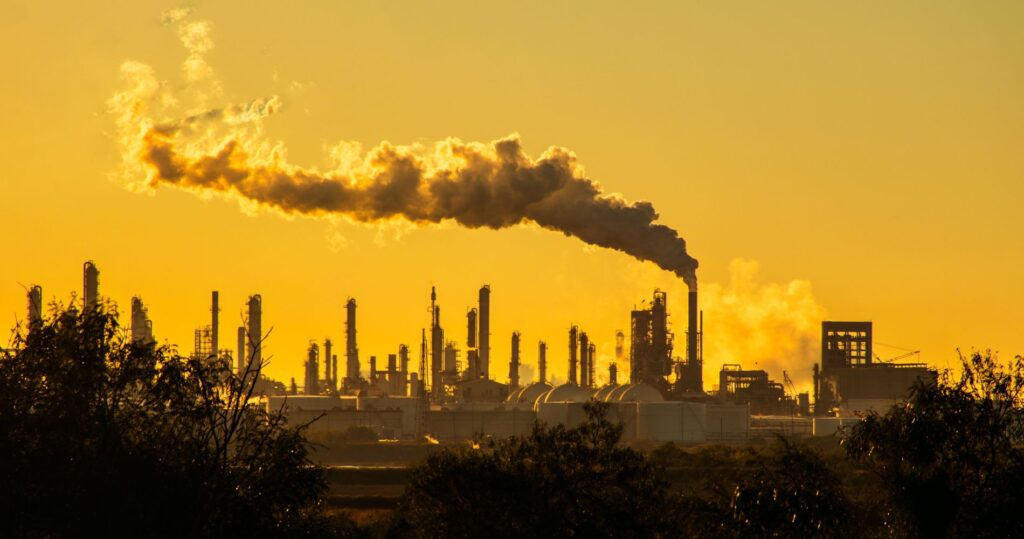What was once viewed as a regulatory cost or a concession to the ESG agenda has now emerged as the primary driver of growth, innovation, and capital allocation in the sector. By 2025, the question is no longer whether we should invest in the transition, but where and how fast in order to stay ahead in a rapidly redefining market.
In 2025, the ESG agenda has consolidated itself as the central force that redefines the Brazilian electricity sector, moving from discourse to practice and becoming a decisive criterion for investments, regulation and risk management. The transformation is led by the Environmental pillar, which has evolved from simple decarbonization to an urgent concern with the climate resilience of infrastructure.
ESG, standing for Environmental, Social, and Governance, is an increasingly relevant approach in corporate and investment decisions. These criteria are essential for assessing a company’s commitment to sustainable and responsible practices, indicating a global movement towards more conscious and ethical operations. The Environmental pillar of ESG focuses on business practices related to environmental sustainability, which […]
As the world becomes more aware of the environmental and social impacts of its actions, the Brazilian logistics sector is at the forefront of adopting ESG (Environmental, Social, and Governance) practices. This article addresses the innovations and challenges faced by the sector, with a special look at the contribution of sustainable initiatives such as the use of biomethane.
In 2023, energy transition and ESG practices have become central. Climate changes intensify extreme phenomena, demanding actions like decarbonization. CFOs, previously focused only on finances, are now pivotal in the transition, assessing emissions and energy efficiency. Brazil invests in renewable energies but faces regulatory challenges. Green hydrogen emerges as a solution, with Brazil poised to lead its production. Transition and ESG practices are imperative for a sustainable future.
Climate change is forcing companies to rethink their business models, with an increasing focus on clean energy and ESG (Environmental, Social and Governance) practices. The risk is clear, with extreme weather events costing the global economy $313 billion in 2022. Companies across industries are adapting their operations, from transitioning to wind and solar power to investing in water reuse systems and more weather-resistant equipment. climate. This transformation is linked to ESG, where environmental consideration has become a critical factor. The electricity sector is an example of rapid adaptation, with companies such as Enel drastically changing their business plans over the last decade, focusing on renewable energy generation.









